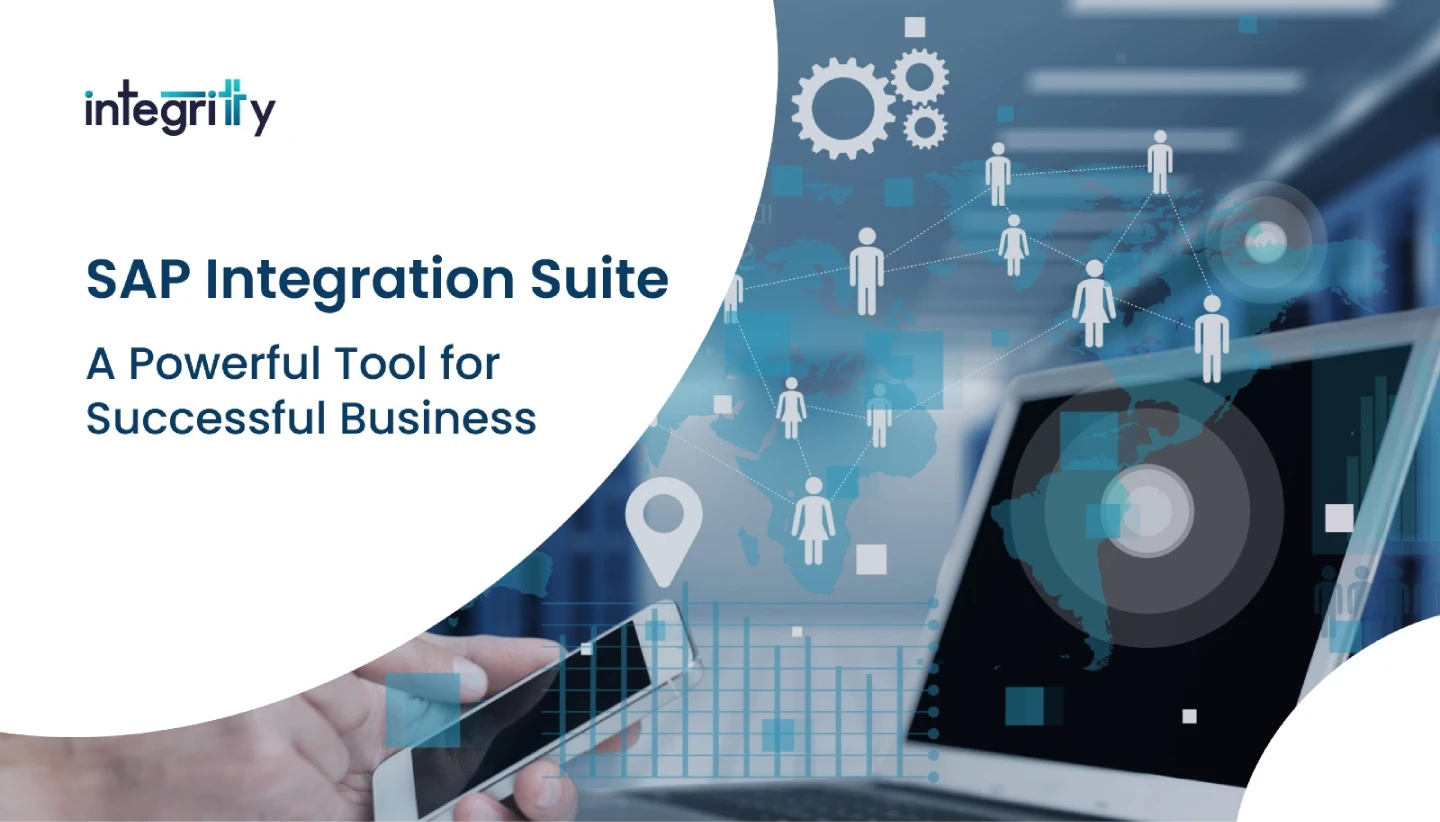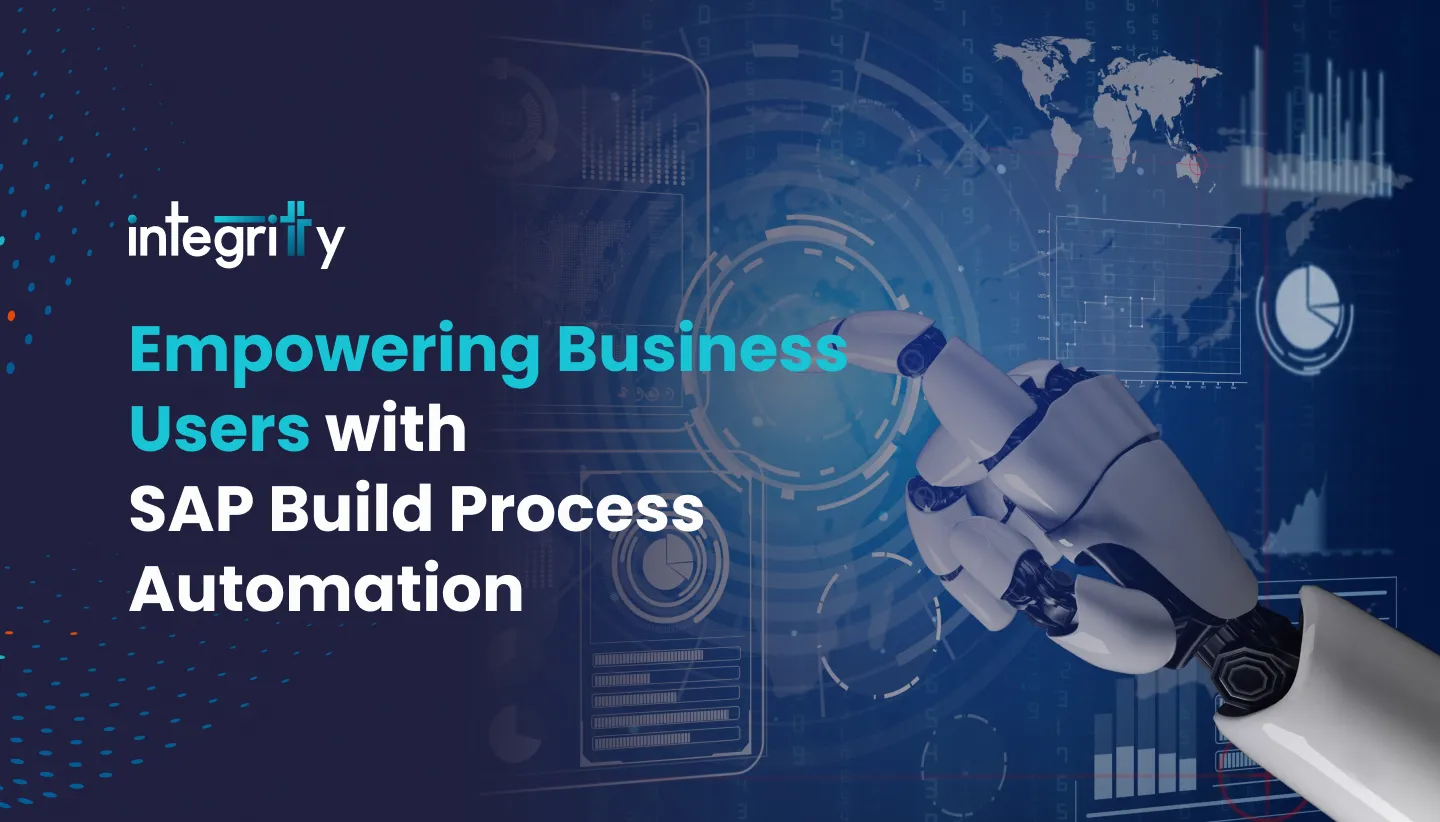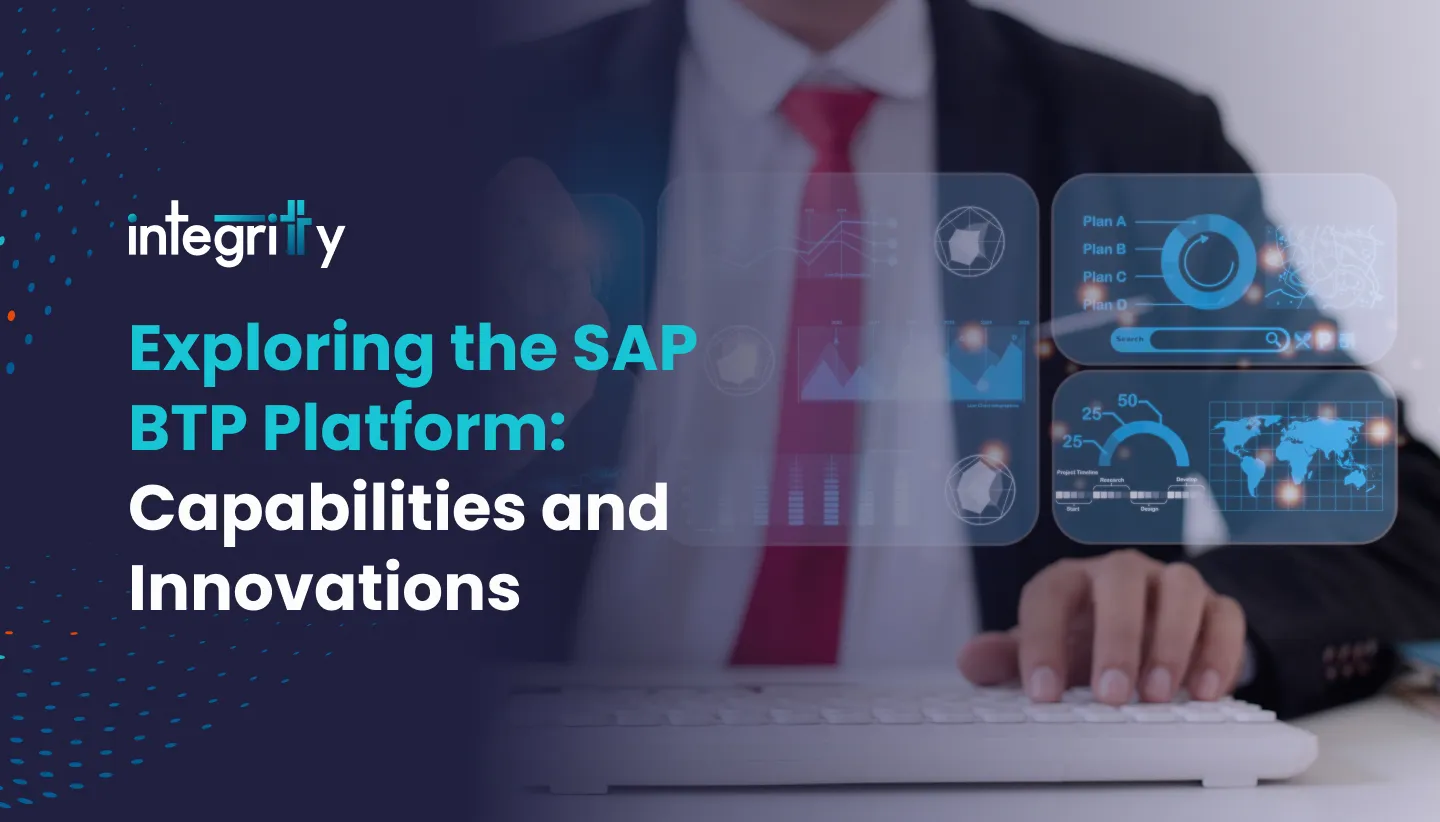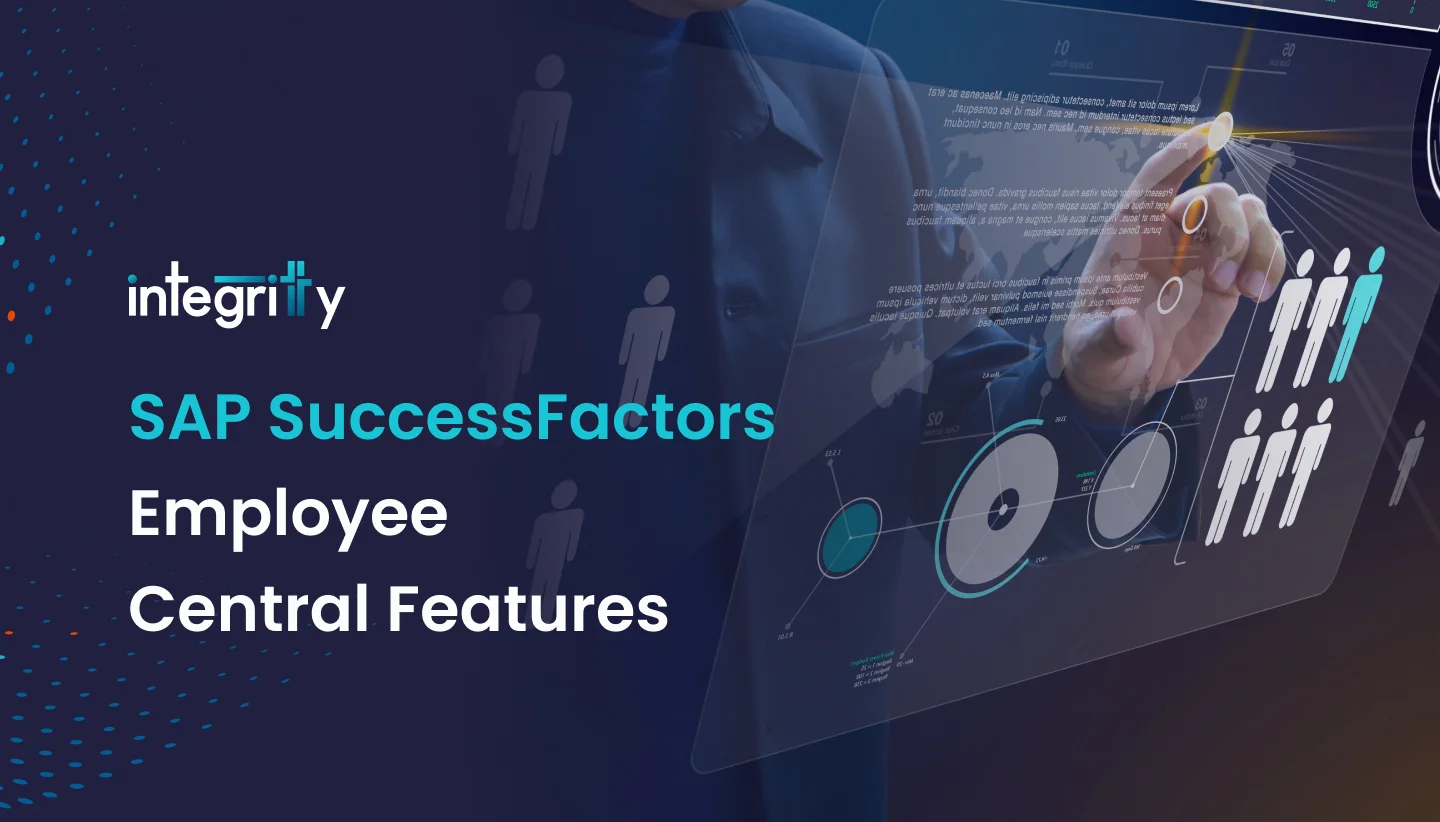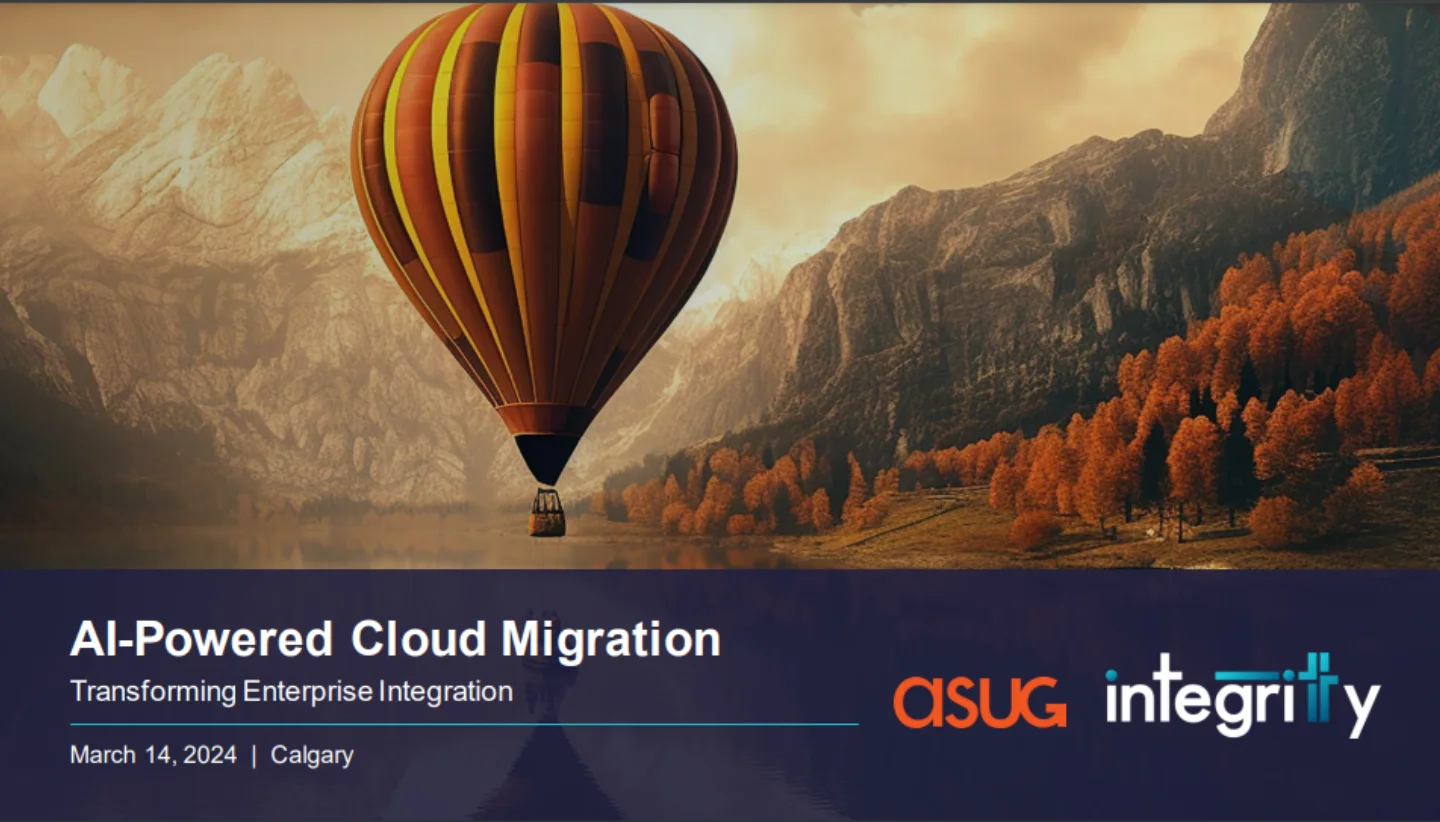We cannot deny the importance of communication between our colleagues. We are trained to communicate not only with customers but also with internal teams and stakeholders of the company. SAP integration allows businesses to exchange useful data and information internally and externally with ease.
In this article, we are discussing a Comprehensive platform-as-a-service (PaaS) offering provided by SAP that enables businesses to build, integrate, and extend their applications and processes using a range of tools and services.
SAP Cloud Integration
Previously known as Hana Cloud Integration or Cloud Platform Integration, the cloud integration feature is one of the most widely used SAP features. With SAP Cloud Integration, customers can implement process integration patterns, for instance, B2B, B2G, A2A, and many other graphical integration by using predefined integrated process flow.
SAP Cloud Integration allows:
- Data transformation: With this, you can convert message formats and perform data mapping.
- Connectivity: SAP allows connectivity to virtual systems, even if it is a non-SAP cloud premise.
- Orchestration: SAP provides orchestration for the integration process.
SAP Graph
According to a recent update, Integration suite will be complimented with SAP graphs in the upcoming future.
With SAP graphs, users will now have access to custom-system data through a semantically connected data graph. This allows developers and integration professionals to consume APIs in a much simpler and better way.
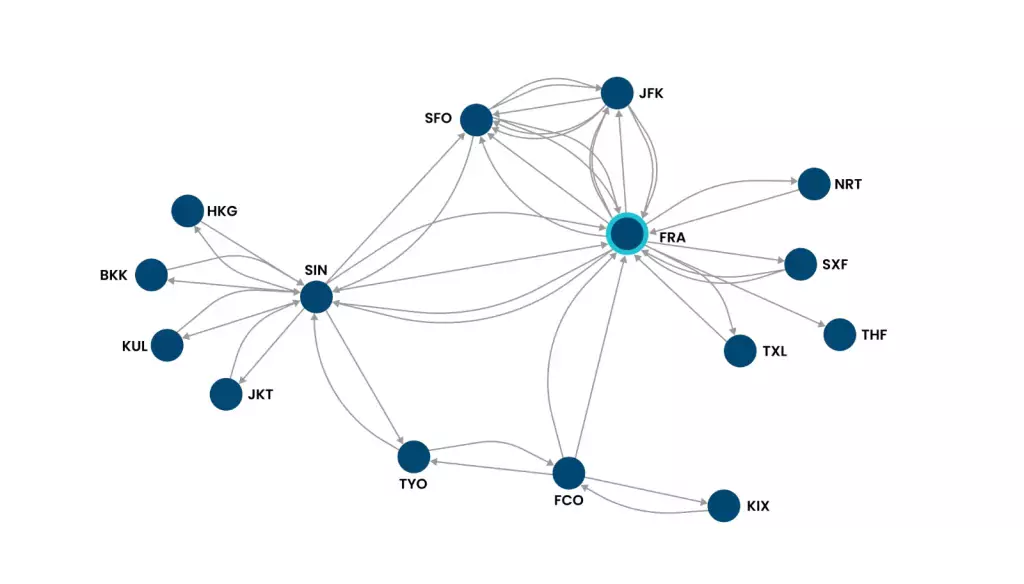
SAP Integration Advisor
SAP Integration advisor is not just a mapping tool, it is a cloud-based tool for writing functional specifications, especially for B2B integration scenarios. With SAP integration advisor, users can create efficient and intelligent content and maintain business domain level to support citizen integrations without any technical coding language.
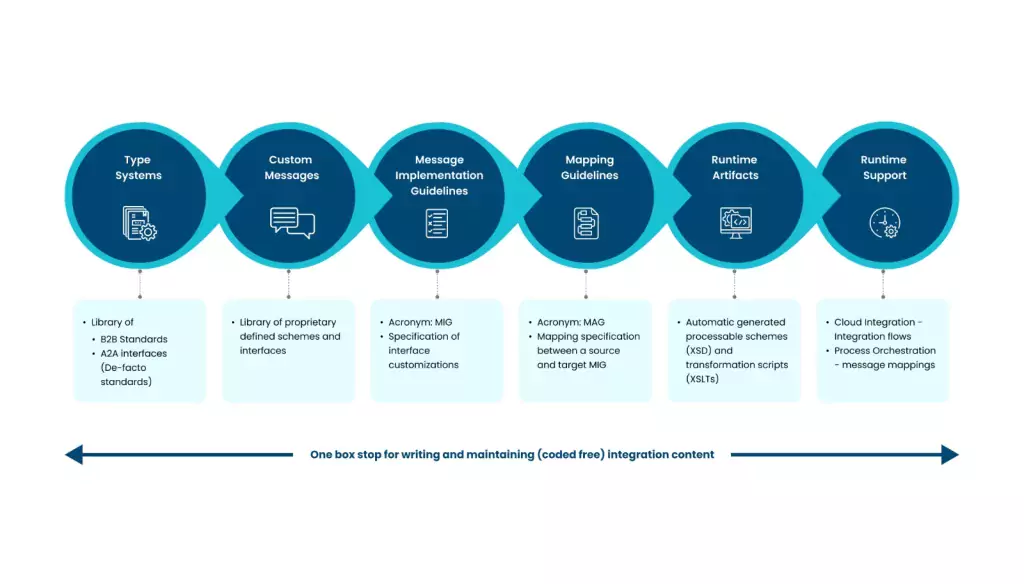
SAP Integration Assessment
Most large organizations look for ways to streamline their everyday SAP operations. The aim is to simplify regular tasks or to change their architecture in order to improve efficiency and business integration.
SAP is one of the most used Integration Solution Advisory Methodologies for many MNCs for years now. It basically has all the best practices and a defined modus operandi regarding integration projects. SAP users can now leverage the SAP Integration Assessment capability and actually implement the methodology for their own organization.
With most companies transitioning into the cloud, it has become necessary for all companies to consider elements that should be unified. Businesses should aim at integrating different systems and applications in hybrid models to maintain technology stacks and follow all security standards with different business interfaces. Cloud integration allows enterprises to connect to various applications smoothly and quickly. This makes the hybrid landscape even more smooth.
SAP Migration Assessment
The number of SAP users is increasing everyday, and with this it is necessary for customers to get the required support towards their cloud journey. With SAP migration, users can smoothly transition from SAP PI to SAP cloud integration.
The journey starts from SAP migration assessment which allows users to estimate the effort required for the migration process. This is done through evaluating the technical efforts required for migrating the entire system.
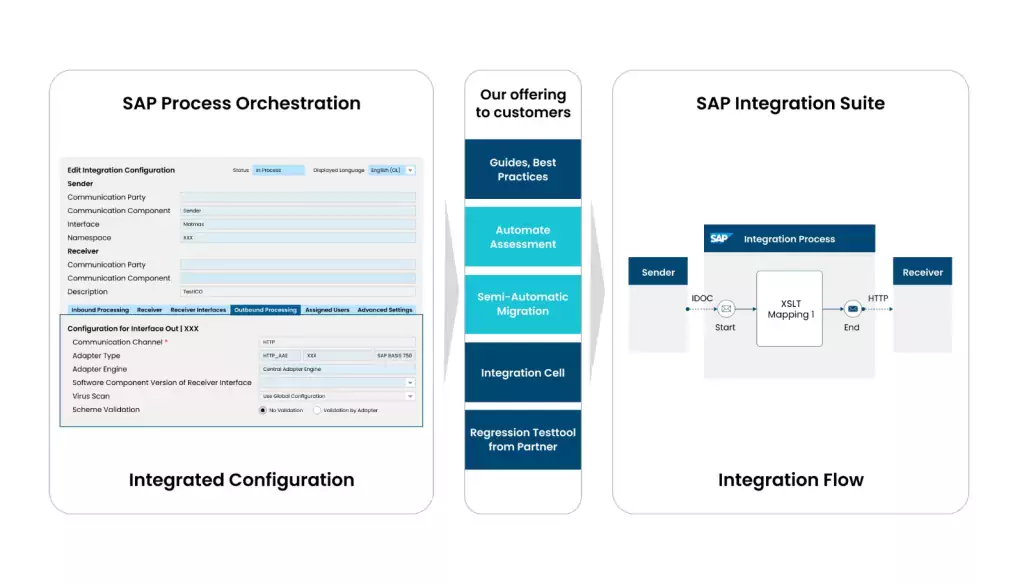
SAP Event Mesh
With SAP Event Mesh, users can communicate through asynchronous events. A user can also create responsive applications that work independently and can participate in event-driven business processes across the entire business ecosystem.
SAP API Management
With more and more companies leaning towards modern technologies, especially REST APIs to build integration and applications, SAP API management is becoming even more essential. The suite’s API management capability offers a central layer to govern and manage APIs.
Additionally, it offers a code-free, web-based framework to ease the process of designing new and managing existing APIs.
It also enriches the API security and access policies, offers API via the developer community, and also supports logical grouping with product catalogs. You can also associate rate plans with API to monetize your API access.
Open Connectors
The SAP Integration comes with open connector capability, and provides a third-party connector via a unified REST API layer, along with features like error handling, connectivity mechanisms, and normalized authentications. It allows developers to shift their focus from technology used to integrate third-party systems to building business integration.
SAP Business Hub
The SAP business hub feature provides a public catalog and partner APIs, events, core data services views and much more. These features allow users to discover, experience and consume the required SAP settings for integration projects.
SAP Integration Suite offers an extremely powerful set of tools and, if used properly, will help your business exponentially. Reach out to us to learn more about the product and get started on this journey.
